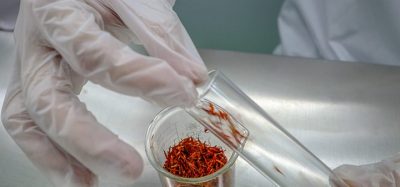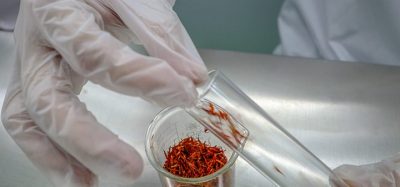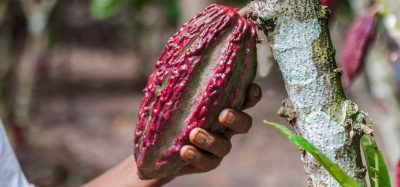Food fraud: An update direct from the horse’s mouth
- Like
- Digg
- Del
- Tumblr
- VKontakte
- Flattr
- Buffer
- Love This
- Odnoklassniki
- Meneame
- Blogger
- Amazon
- Yahoo Mail
- Gmail
- AOL
- Newsvine
- HackerNews
- Evernote
- MySpace
- Mail.ru
- Viadeo
- Line
- Comments
- Yummly
- SMS
- Viber
- Telegram
- Subscribe
- Skype
- Facebook Messenger
- Kakao
- LiveJournal
- Yammer
- Edgar
- Fintel
- Mix
- Instapaper
- Copy Link
Posted: 25 October 2023 | Chris Elliott | No comments yet
Professor Chris Elliott talks through discussions had at Food Integrity Global and highlights improved food fraud detection, Brexit’s impact, climate change challenges, and the need for innovation in the sector.


Last week in London we had the Food Integrity Global Conference and what an outstanding success it proved to be. Over 400 delegates from far and wide from both industry and government talking about the big ticket items around the integrity of the global food supply system.
I had the pleasure to moderate two panel discussions on the topic of food fraud, one of these was about how things have changed since the 2013 horsemeat scandal and the other was looking forward to future threats of fraud in our fast changing food system. My view of the discussions we had was that they were excellent and this was shared by the panellists and many of the participants I talked to. Thus I thought it appropriate to share some of the main learnings from what was discussed.
Fighting food fraud
The UK is in a much better place in terms of detecting and defending against food fraud. The formation of and partnerships formed between the National Food Crime Unit and the Food Industry Intelligence Network are very clear evidence of this.
When the horsemeat scandal broke there was a lack of ownership and leadership and angry fingers were pointed in many directions to try to pin the blame on someone else. This year we had the “best British beef” fraud case and things were very different; organizations came together to agree how best to prevent such incidents happening again. But the fact that it did happen and went under the radar screen was another massive wakeup call in terms of understanding that criminals can find ways around many of the measures put in place to prevent them from operating.
The main failing identified was the continued reliance of third-party audits which are simply not fit for purpose in terms of identifying fraud. This is something I flagged this up 10 years ago and there’s little signs of progress. One senior industry commentator pointed to how New Zealand ditched this approach for a more targeted and government lead approach. I very much hope in another 10 years the problems of how failed audits are to blame for rampant food fraud in the UK is not the topic for discussion at a Food Integrity conference.
Implications of Brexit
The Brexit elephant in the room was also discussed. While some in government say that it is not a big risk factor in terms of escalating food fraud risks the message was very loud and clear that it is. Our self-imposed exclusion from the EU Food Fraud Network and all of the intelligence that this once brought to the UK is gone, as it any border controls on food imported from Europe. Our panellist from the EU also said that the EU misses the contacts and intelligence it once had from the UK. To me this read like a lose – lose scenario, except of course for criminals gangs.
The multiple challenges of climate change, the war in Ukraine and general fragility of many supply chains will all have a growing impact on fraud, that is, they will present many new opportunities for fraudsters. To understand what the new vulnerabilities might be and how they could be exploited has to be front and central in the thinking of industry and government. The role of innovations in testing methods and the use of artificial intelligence to predict future food fraud challenges were viewed as incredibly important tools in the defence armoury.
And a final point, where do the greatest risks lie? The large food manufacturers and retailers have taken many steps forward in their abilities to detect and prevent food fraud. However the food service sector and our swathes of food SMEs have not.
So a big question remains, how do these sectors of our food industry better protect themselves and their customers? Perhaps this will be a panel session for the next Food Integrity Global Conference…
Related topics
Food Fraud, Food Safety, Regulation & Legislation, retail, Traceability, Trade & Economy













